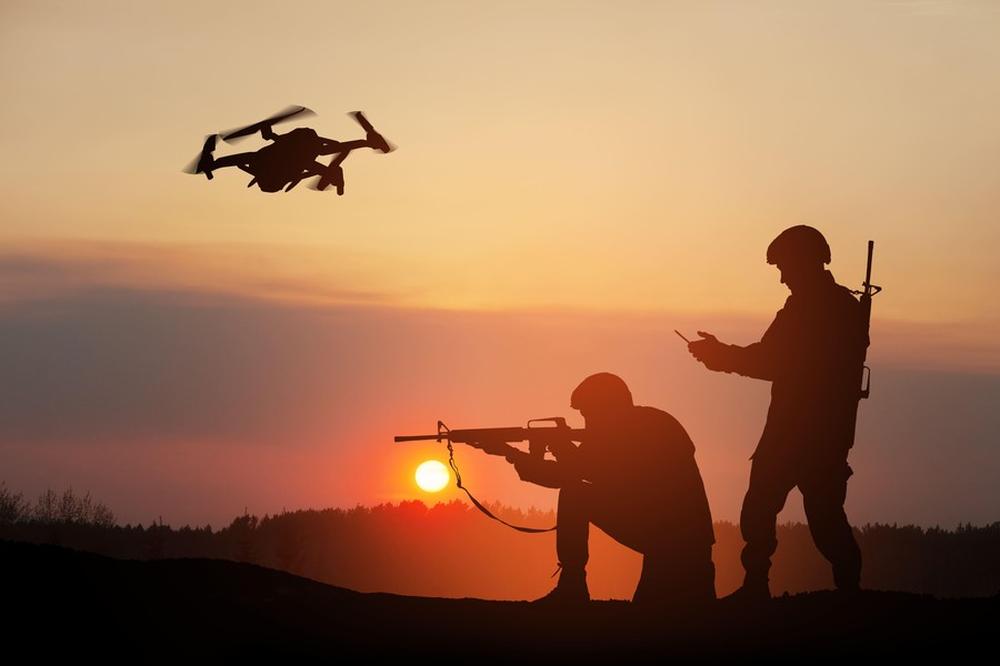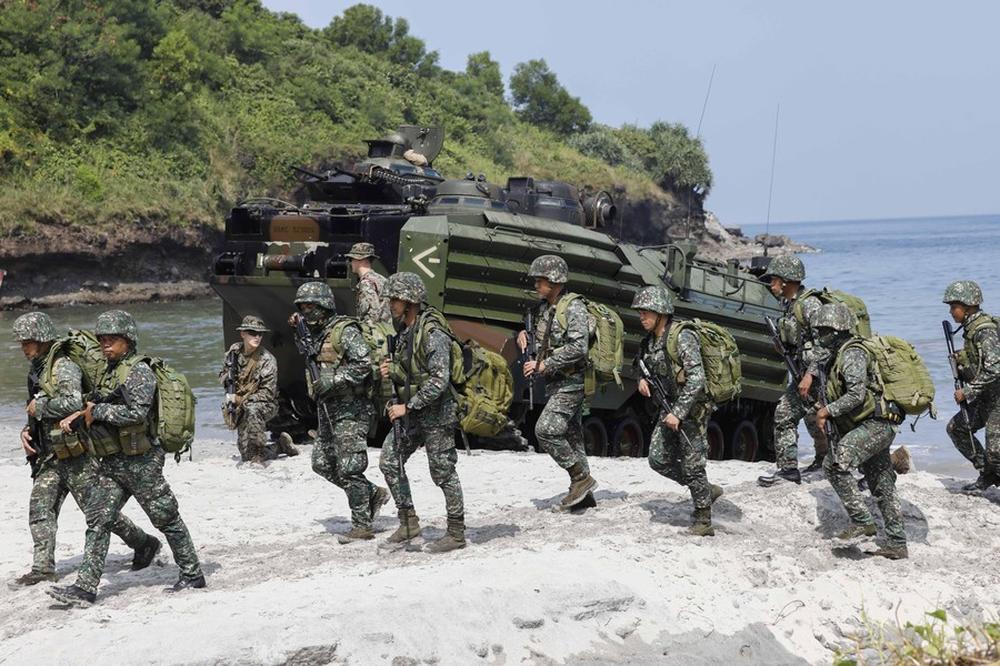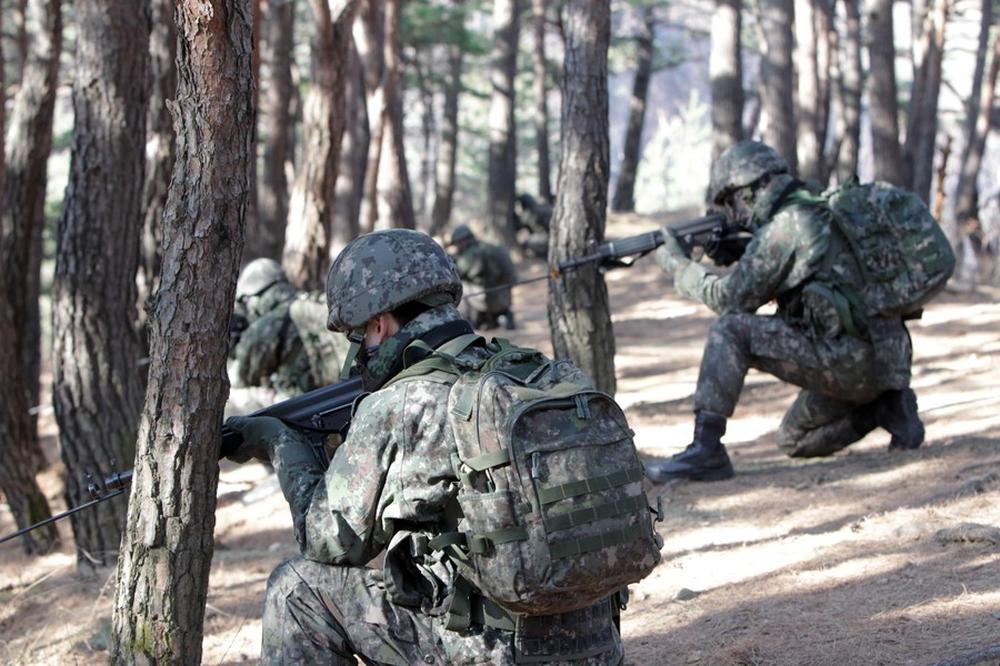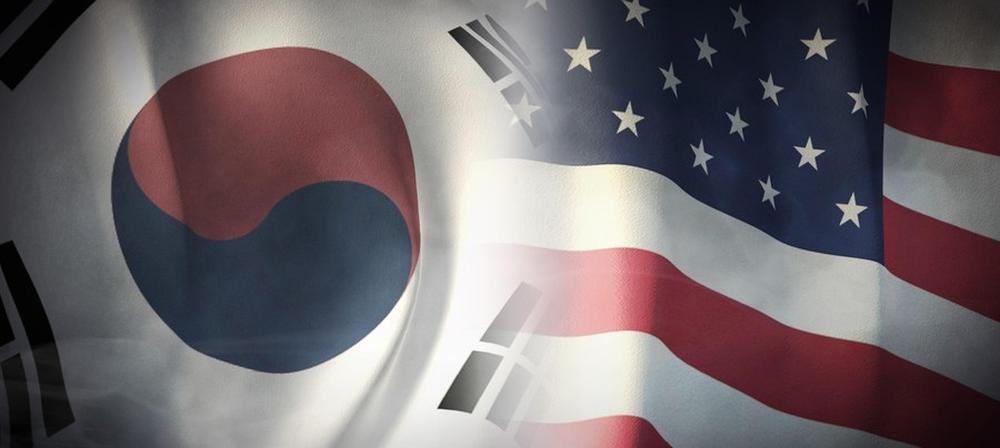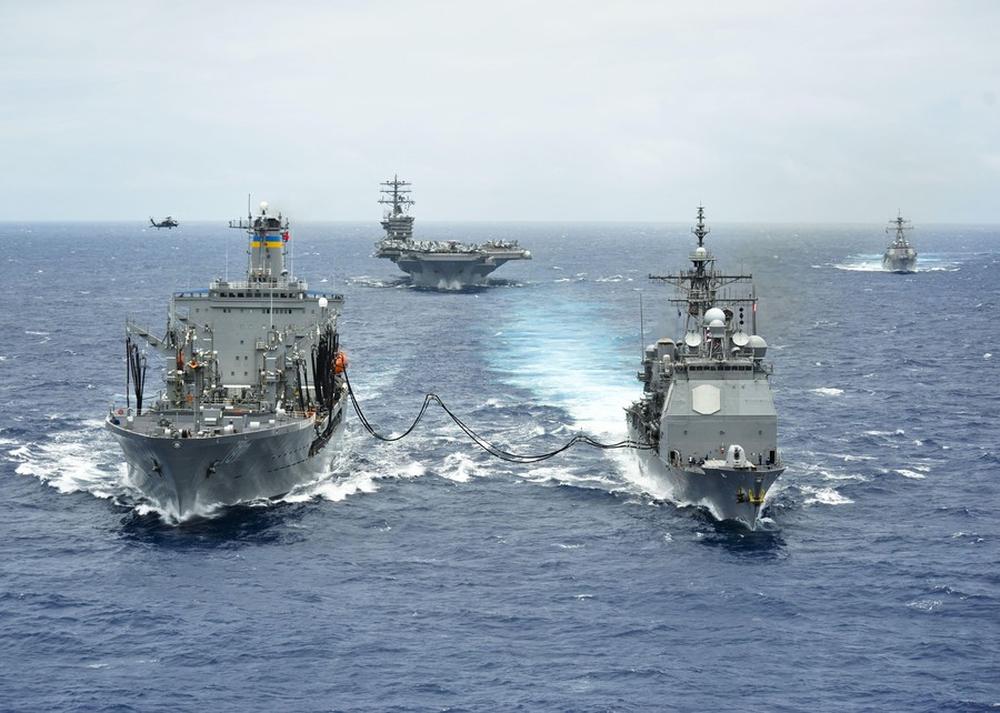- #Japan
- #South Korea
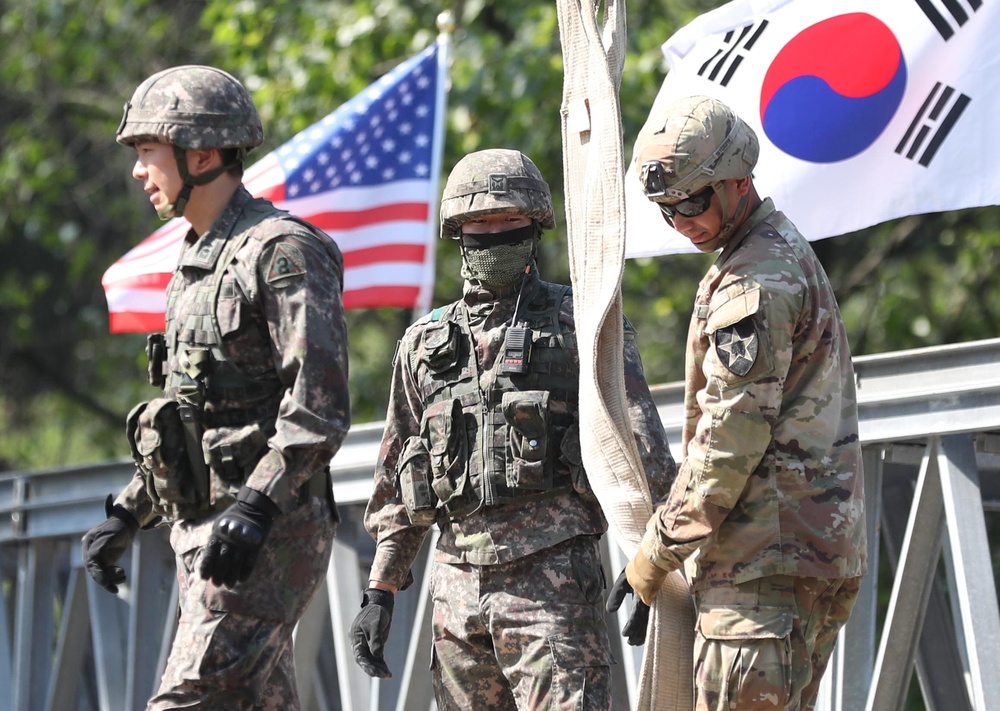
► The most critical drawback of the Korean Peninsula Peace Process, which took place under the overarching strategy to engage North Korea via dialogue, was the lack of ROK-US joint military preparedness.
► The ROK-U.S. alliance has the most formidable forces in the world because of this mutual trust, which can only be attained through various military exercises.
► In conjunction, we must expand joint military exercises, ROK-US-Japan trilateral cooperation, and cooperation involving non-regional actors.
The Ulchi Freedom Shield exercise concluded on September 1. The fact that the two allies—Korea and the United States—have resumed and normalized joint military exercises in 2022 is an encouraging sign for the future of the ROK-US alliance. The most critical drawback of the Korean Peninsula Peace Process, which took place under the overarching strategy to engage North Korea via dialogue, was the lack of ROK-US joint military preparedness. Robert Abrams, former Commander of U.S. Forces Korea and U.S.-ROK Combined Forces Command, said during an ‘alliance seminar’ in Washington, D.C. on July 27 that ‘strategic ambiguity’ may be a plausible option politically but can never be an option for the military, which is responsible for undertaking critical missions to achieve peace and stability on the Korean Peninsula. This is a critical point we should not forget.
Joint military exercises are the reasons why U.S. Forces Korea and the ROK-U.S. Combined Forces Command exist. They are also an essential process in guaranteeing effective operations management and victory during a military crisis. Certain naysayers and politicians have consistently demanded that field training exercises with actual military personnel be restrained since these joint military exercises could provoke North Korea. However, these political demands overlook, at least, the following five factors. First, everyone who plan and participate in these ROK-U.S. joint military exercises—from commanding officers and staff officers to commissioned officers—gain experience and understanding of actual military operations. Unfortunately, the past four years have stripped them of invaluable opportunities. Such lack of opportunities in their maturation process will eventually hinder operational success and serve as an obstacle in terms of planning for military victory on the Korean Peninsula.
Second, as Korea and the United States were reducing the scale of their joint military exercises over the past four years, the United States and Japan drastically expanded their joint military exercises and prepared for various crisis scenarios in Northeast Asia. Naturally, Korea reduced its role and position within the U.S. Indo-Pacific Strategy, which unfortunately resulted in an unbalance within the ROK-U.S.-Japan trilateral security cooperation. Without Korea’s role and contributions, peace in Northeast Asia and stability in the Pacific is unfathomable. Fortunately, the inauguration of the Yoon Suk Yeol administration has shifted our military’s situation. Among the 26 participants in the 2022 RIMPAC Exercise, Korea was second only to the United States in terms of the size of participating military personnel. By actively participating in various exercises, including landing operations and anti-terrorism operations, the ROK military was able to dispel the concerns that were prevalent among national security experts. Such effort accurately reflected the Yoon administration’s goal of becoming a ‘Global Pivotal State.’ These voluntary participation and willingness will serve an important role in regaining trust with Korea’s partners and neighbors, both bilaterally and multilaterally.
Third, the war in Ukraine has taught the Korean military a number of important lessons. Russia’s invasion of Ukraine and its tactical nuclear weapons threat pose a new type of challenge that no one country can deal with by itself. What’s more important is that if the international society fails to respond adequately to Russia’s challenge, it could push China and North Korea to pose greater threats. In preparing for such a future, joint military exercises could serve as a foundation for greater international cooperation. Fourth, Korea and the United States are scheduled for the transfer of operational control (OPCON transfer). In order for the Korean military to prove its operational capabilities and to establish and operate a ‘future military headquarter’ led by a Korean four-star general, there has to be an accurate assessment process in order to re-establish the ‘lead-support’ relationship. Joint military exercises are the most important tool and mechanism in this process. To test the ‘bridging capability’ provided by the United States, the Korean military needs to participate in field training exercises involving military personnel. Korea and the United States must carry out this process and meticulously assess over 70 categories or check points. To expedite OPCON transfer, joint military exercises must be expanded, not reduced. Finally, joint military exercises are an important opportunity for the two countries to enhance mutual trust. The ROK-U.S. alliance has the most formidable forces in the world because of this mutual trust, which can only be attained through various military exercises.
The Ukraine War has raised important points of consideration and policy implications for the ROK-US alliance. We must first question whether traditional military operations and exercises are enough to deal with newly emerging wars and challenges, especially since past exercises and training no longer provide the best line of defense. We vividly remember Russia’s mechanized infantry battalion being obliterated during the Russian failure of the Siverskyi Donets River Crossing within Ukraine. I believe that the ROK-U.S. combined forces are different from Russia and that we will not commit the same mistake as the Russians. However, we must ask ourselves whether our forces are without weaknesses and are capable enough to deal with similar challenges. Do we have enough supplies and operational support? How will we respond if North Korea threatens and uses tactical nuclear weapons? Do we have enough reserved forces to mobilize? We have been unable to answer these important questions in most of our joint military exercises. However, the status quo is no longer acceptable. In case of a crisis in the Taiwan Strait, how will Korea, the United States, and Japan cooperate? Are there ways to revitalize the United Nations Command and expand the level of support from partnering nations? This past June (June 6-11), I visited Brussels, Stasbourg, and Paris as Special Envoy to the EU. Everywhere I went, Korea’s newfound role and strategy were greeted by European experts with great enthusiasm. If Korea expands its military horizon, there will be certain consequences. However, Korea does not have to face these consequences alone. The Yoon administration’s national security policy is fundamentally based on its cooperation with allies, like-minded countries, and strategic partners. For this reason, the meeting involving Korean National Security Office Director Kim Sung-han, U.S. National Security Advisor Jake Sullivan, and Japanese National Security Secretariat Secretary General Akiba Takeo to discuss ways to deal with various threats is a welcome development. In conjunction, we must expand joint military exercises, ROK-US-Japan trilateral cooperation, and cooperation involving non-regional actors.
